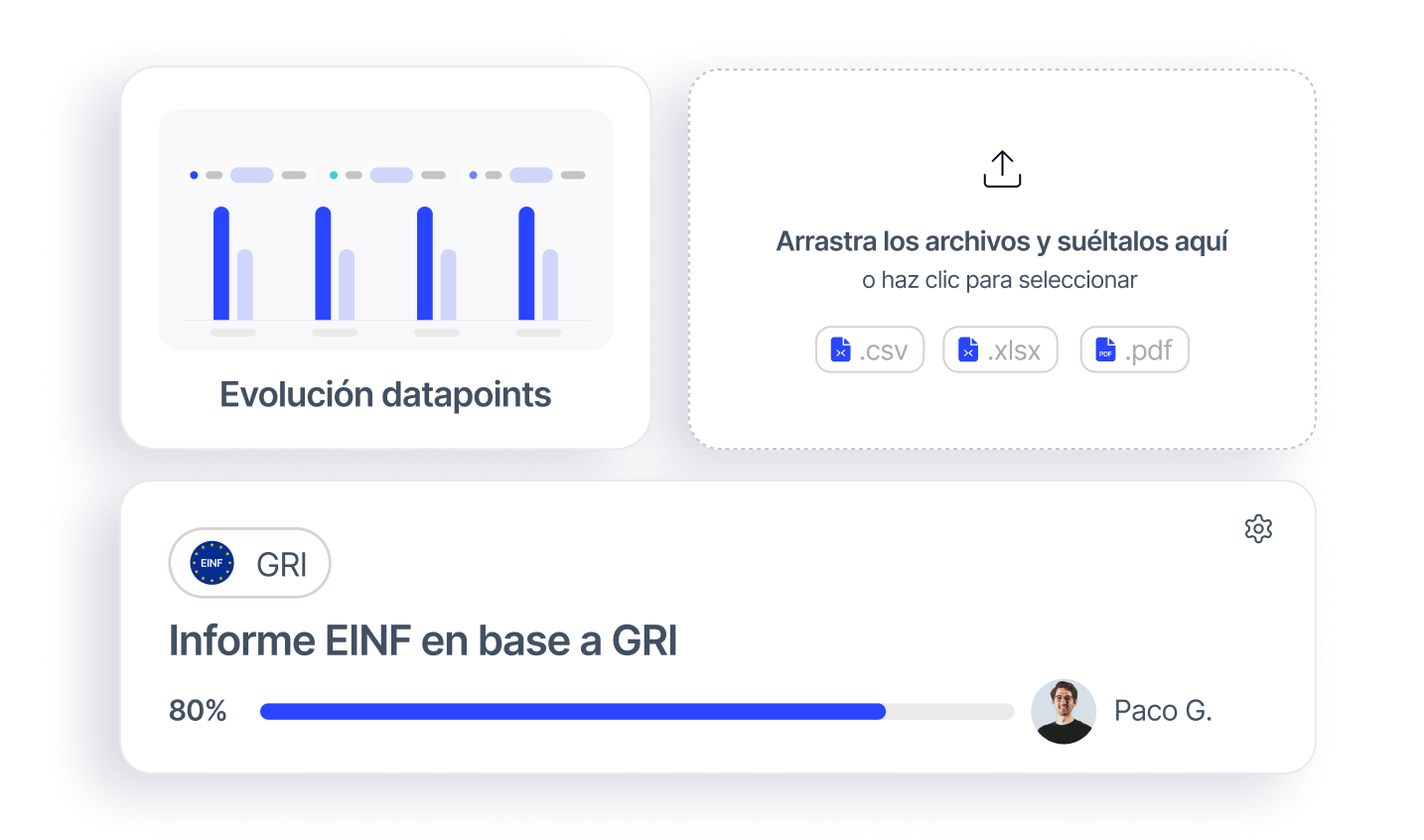CBAM: The Key to Balancing Trade with Fair Carbon Pricing


CBAM applies to certain products imported into the EU from third countries, excluding Iceland, Liechtenstein, Norway, and special territories such as Ceuta and Melilla in Spain. A "third country" is considered to be one outside the EU's customs area, while countries within this customs area are defined in Regulation (EU) No. 952/2013, including nations like Belgium, Bulgaria, Czech Republic, Denmark (except the Faroe Islands and Greenland), Germany (except Heligoland and Büsingen), among others. Additionally, CBAM also applies to imports from the United Kingdom.
We specialize in helping you assess your carbon footprint and communicate effectively with stakeholders. We provide you with the necessary tools to simplify the collection and measurement of relevant data automatically, allowing you to obtain a roadmap and a clear vision of your environmental performance, driving not only sustainability but also the corporate responsibility of your company by taking immediate actions.
.png)
During the transitional period (October 1, 2023 - December 31, 2025), importers will report emissions without making payments. The first three reports must be submitted on January 31, 2024, April 30, 2024, and July 31, 2024.
In the definitive period (January 1, 2026 - 2034), progressive notifications and payments will be introduced for importers, managing emissions with CBAM certificates, coordinated with the gradual phasing out of free allowances in the Emissions Trading System (ETS), expecting to finish before 2034.
The application for the future is planned for 2030, including all products detailed in the ETS, such as glass, ceramics, or cardboard.
The Carbon Border Adjustment Mechanism (CBAM), established by Regulation (EU) 2023/956, is a measure of the European Union (EU) that seeks to ensure that importers of goods comply with the EU's carbon emission regulations.
Under this system, importers must acquire certificates that reflect the cost of carbon they would have paid if the goods had been produced in accordance with EU standards. The implementation of CBAM, also known as MAFC in Spanish, will be carried out gradually from October 1, 2023, to the year 2034, with January 1, 2025, being a key date that marks the end of the transitional period and the beginning of the definitive application period of CBAM.
Track your global supply chain impacts with leading sustainability software that supports carbon pricing frameworks.
CBAM will initially apply to imports with high carbon intensity, such as: cement, iron, steel, aluminum, fertilizers, electricity, and hydrogen.
.png)
During the transitional period, both direct and indirect emissions associated with certain products will be assessed. Ongoing evaluation will determine the possible expansion of indirect emissions to other goods, such as derived products, chemicals, and polymers, as the transitional period progresses.
Carbon footprint calculation analyzes all emissions generated throughout a product’s life cycle, including raw material extraction, production, transportation, usage, and disposal.
The most recognized methodologies are:
Digital tools like Dcycle simplify the process, providing accurate and actionable insights.
Some strategies require initial investment, but long-term benefits outweigh costs.
Investing in carbon reduction is not just an environmental action, it’s a smart business strategy.
Lorem ipsum dolor sit amet, consectetur adipiscing elit, sed do eiusmod tempor incididunt ut labore et dolore magna aliqua. Ut enim ad minim veniam, quis nostrud exercitation ullamco laboris nisi ut aliquip ex ea commodo consequat. Duis aute irure dolor in reprehenderit in voluptate velit esse cillum dolore eu fugiat nulla pariatur.
Block quote
Ordered list
Unordered list
Bold text
Emphasis
Superscript
Subscript
